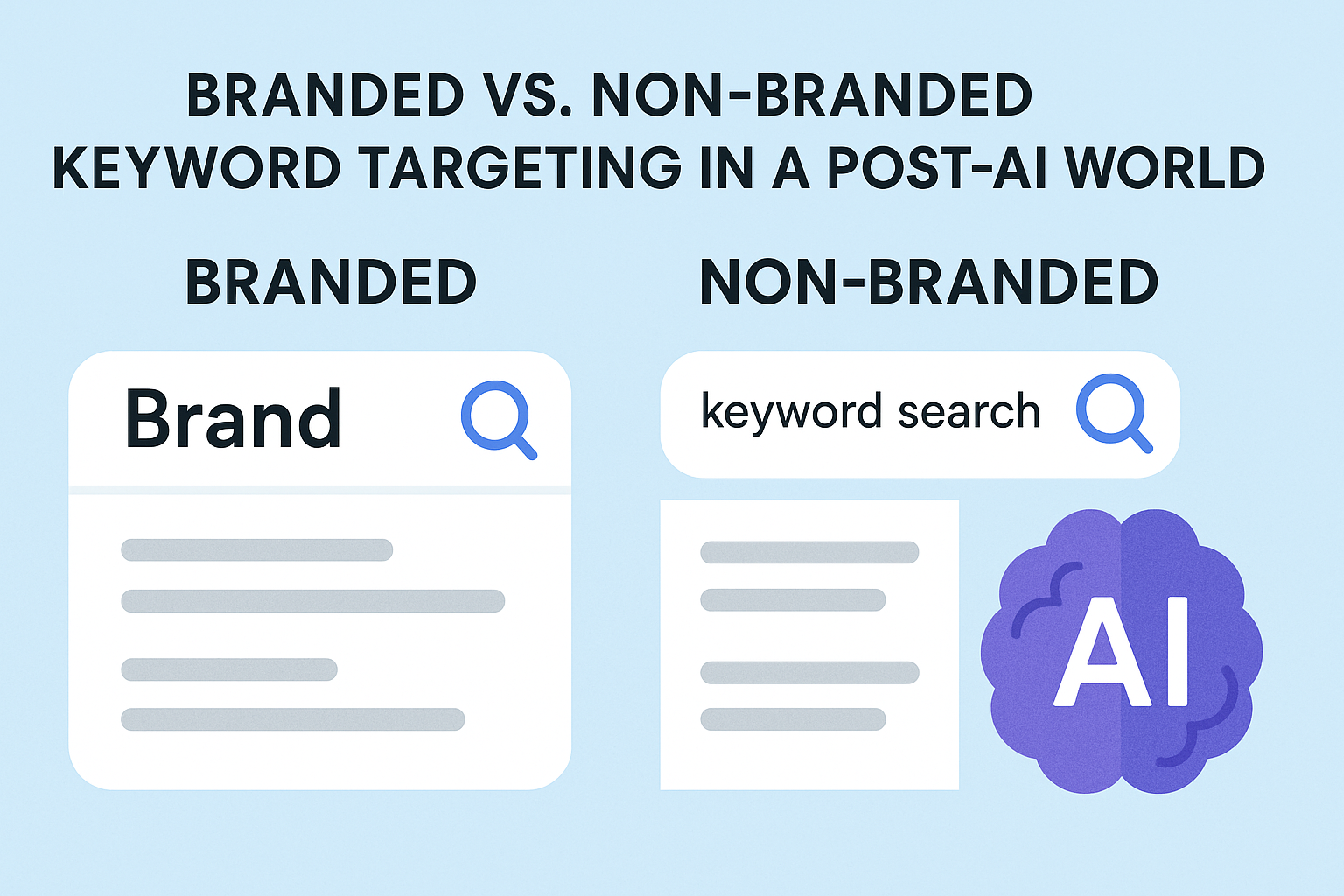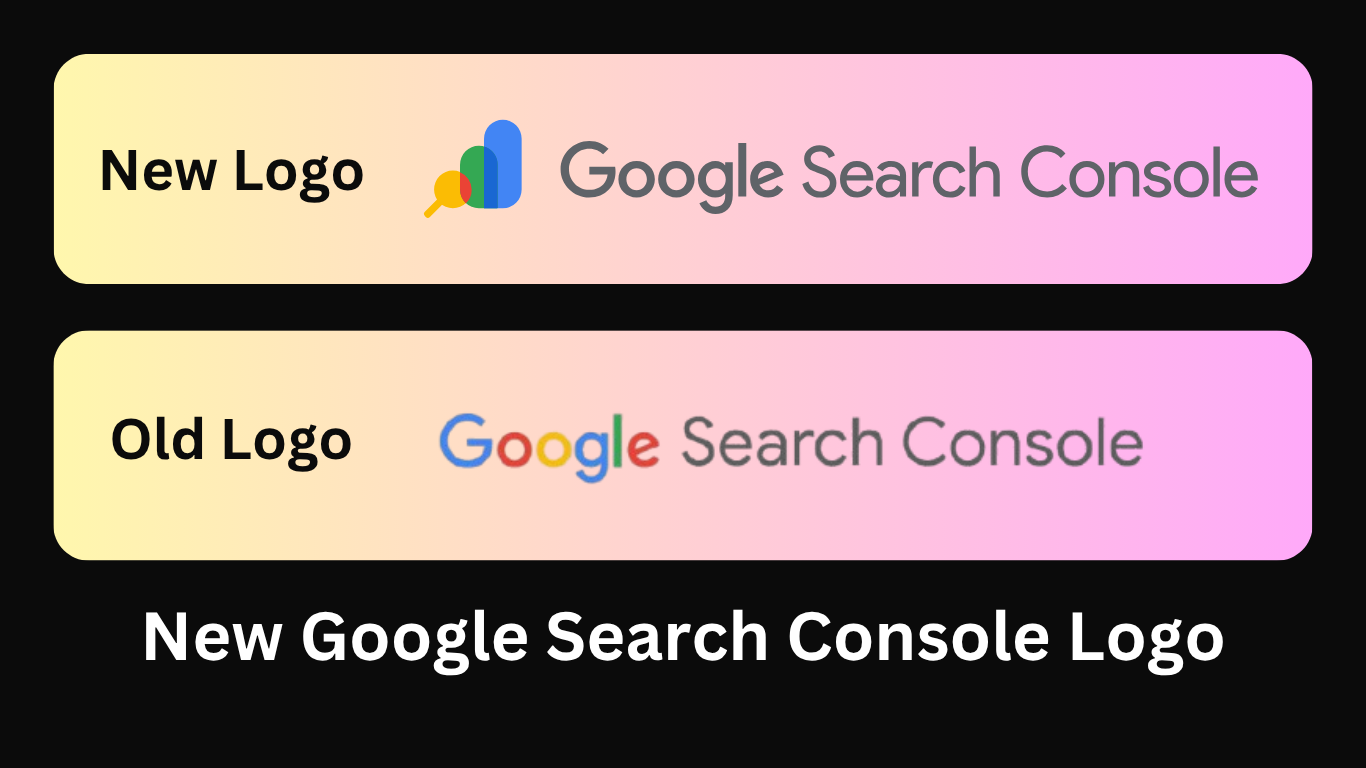In today’s fast-paced digital world, search engines are more than just tools—they’re trusted companions guiding us through an overwhelming sea of information. Whether you’re researching for a school project, hunting for the perfect gift, planning your next adventure, or seeking health advice, these digital allies have always been there to help. For over a decade, Google has stood as the undisputed leader, dominating the search market with over 90% of global users relying on its services. Yet, names like Bing, Yahoo!, and Baidu continue to hold their ground with loyal audiences.
But as we enter 2025, a notable shift is happening. Many users have started voicing concerns about the declining quality of Google search results, with ads crowding the top spots, generic answers replacing meaningful insights, and algorithms prioritizing profits over relevance. This frustration is driving curiosity and demand for alternative search engines. Enter AI-driven platforms like SearchGPT (ChatGPT Search) and Perplexity.ai, which are revolutionizing how we find information. These newcomers provide conversational, highly accurate, and contextually rich answers, offering a fresh and often superior experience.
Within “The List of 50+ Search Engines,” you’ll uncover a world of alternatives, each uniquely tailored to diverse needs—whether for privacy advocates, cultural explorers, or niche content seekers. This isn’t just about innovation; it’s about empowering users with better choices in a landscape where the old ways no longer suffice.
Here is a list of the most popular search engines in the world:
1. Google (Founded in September 1998)
Google is the most popular search engine, known for its efficiency and reliability. It became widely used by 2000 and currently handles over 90% of global searches. In 2020, Google reported over $180 billion in revenue, with $146.92 billion from advertising. Google’s culture of innovation has made it a leader in search and other tech services.
2. Bing (Founded in May 2009)
Microsoft Bing holds about 7% of the global search market. It uses advanced AI, natural language processing, and machine learning to provide accurate search results. Features include image search, video search, and a personalized news feed. Bing Ads offers targeted advertising across devices.
3. Yahoo! (Founded in January 1994)
Yahoo! was a pioneer in web search and became a popular web portal in the 1990s. Although overtaken by Google, Yahoo! remains relevant by sharing features with Microsoft Bing. In 2017, Verizon acquired Yahoo! and integrated it with AOL under the brand Oath.
4. Baidu (Founded in January 2000)
Baidu is the leading search engine in China, used by over 70% of Chinese internet users. It offers various services, including web, image, news, video, and music searches, as well as maps and an encyclopedia. Baidu’s pay-for-performance search platform targets users with relevant ads.
5. Yandex (Founded in September 1997)
Yandex is the most popular search engine in Russia. It features advanced search algorithms, spell-check, image search, and translation tools. Yandex offers a reliable search experience with numerous tools to customize results.
6. DuckDuckGo (Founded in February 2008)
DuckDuckGo prioritizes user privacy by not collecting personal information or tracking search history. It delivers fast, relevant results without distracting ads or sponsored content, using a proprietary algorithm to combine information from multiple sources.
7. Ecosia (Founded in December 2009)
Ecosia donates a portion of its advertising revenue to reforestation projects. Powered by Bing, it offers high-quality search results while supporting environmental causes. Ecosia provides transparent reports on its tree-planting efforts.
8. Sogou (Founded in August 2004)
Sogou is the second-largest search engine in China, offering voice and image search along with an extensive library of Chinese literature. It features a simple interface and supports multiple languages.
9. Internet Archive (Founded in May 1996)
The Internet Archive, founded in 1996 by Brewster Kahle, is a nonprofit digital library preserving websites, software, music, videos, and books. Their Wayback Machine allows users to see archived versions of websites. Launched in collaboration with Alexa Internet, it contains billions of web pages dating back to the 1990s. This resource is valuable for researchers and anyone interested in the internet’s history.
10. Shenma (Founded in April 2014)
Owned by Alibaba Group, Shenma is a major search engine in China, using Contextual Semantic Technology for relevant search results. It offers personalized recommendations and local search, along with tools for search engine optimization.
11. Yep (Founded in June 2022)
Yep, developed by Ahrefs, is a privacy-focused search engine that does not track users’ personal information or search history. It plans to share 90% of its ad revenue with content creators, supporting the online information ecosystem. Yep uses its proprietary crawler, AhrefsBot, to index the web and deliver relevant search results.
12. Perplexity.ai (Founded in August 2022)
Perplexity.ai is an AI-powered search engine founded in 2022 that provides direct answers to user queries using large language models. It delivers precise, contextually accurate answers, making it particularly useful for in-depth research and obtaining detailed information quickly.
13. SearchGPT (Founded in October 2024)
OpenAI officially launched SearchGPT in October 2024, aiming to compete with Google and Microsoft’s Bing. Initially beta-tested in July 2024, this innovative feature enhances ChatGPT by allowing it to access and retrieve up-to-date information from the web to provide accurate answers to user queries. Users can also manually activate the search function by clicking the designated search icon within ChatGPT, offering a seamless integration of real-time web search and conversational AI.
Other Notable Search Engines:
- Qwant (Founded in 2013): A French search engine focused on privacy and neutrality, not tracking user data or personalizing results.
- Startpage (Founded in 1998): Provides Google’s search results anonymously, ensuring privacy by not tracking users.
- Swisscows (Founded in 2014): A Swiss search engine with a strong emphasis on privacy, using AI to deliver semantic search results.
- Mojeek (Founded in 2004): An independent UK search engine that prides itself on indexing the web without relying on third-party data.
- Searx (Founded in 2014): An open-source metasearch engine that aggregates results from multiple sources, with a focus on privacy.
- Metager (Founded in 2005): German privacy-focused search engine that anonymizes queries before forwarding them to other search engines.
- Givero (Founded in 2017): Supports charity by donating ad revenue, offering privacy-friendly searches powered by Bing.
- Peekier (Founded in 2020): Known for its visual search results, providing a unique browsing experience with image-based search suggestions.
- Brave Search (Founded in 2021): Integrated into the Brave browser, it emphasizes privacy with its own index, avoiding tracking.
- Neeva (Founded in 2020): Aims to provide an ad-free experience through a subscription model, focusing on quality and user experience.
- You.com (Founded in 2021): AI-driven, user-personalized search engine with privacy controls, offering a customizable search experience.
- Kagi (Founded in 2021): A private, ad-free search engine from Japan, focusing on delivering high-quality results through human curation.
- Presearch (Founded in 2017): Uses blockchain to decentralize search, rewarding users with PRE tokens for contributing to the search ecosystem.
- Gigablast (Founded in 2000): An open-source search engine known for its simple, fast search capabilities.
- Dogpile (Founded in 1996): A metasearch engine that compiles results from Google, Yahoo, and other sources, offering a broad search scope.
- Webcrawler (Founded in 1994): One of the first full-text search engines, now offering basic search functionality.
- Lycos (Founded in 1994): Once a leading search engine, now focuses on webmail, games, and other services.
- Ask.com (Founded in 1996): Known for its question-answer style of search, now more of a content provider than a primary search engine.
- AOL Search (Founded in 1983): Originally part of America Online, its search capabilities are now powered by Bing.
- Excite (Founded in 1995): An early search engine that evolved into a content portal, less significant in search today.
- Infoseek (Founded in 1994): A pioneer in search, it was one of the first to use pay-per-click advertising, now defunct.
- AltaVista (Founded in 1995): Once a major player, its technology was absorbed by Yahoo! and is no longer operational.
- Blekko (Founded in 2010): Focused on delivering spam-free search results, now part of IBM Watson’s tech.
- Cuil (Founded in 2008): Tried to outdo Google with a unique search approach but failed, now defunct.
- Wolfram Alpha (Founded in 2009): More of a computational knowledge engine, providing answers to factual queries and calculations.
- Boardreader (Founded in 2004): Specializes in searching forums and discussion boards for content.
- Yippy (Founded in 2005): A metasearch engine with clustering capabilities for more organized search results.
- Faroo (Founded in 2006): Uses a peer-to-peer approach to search, emphasizing privacy and distributed computing.
- Hulbee (Founded in 2012): German search engine with semantic search capabilities for more relevant results.
- Sputnik (Founded in 2014): Russian search engine with a focus on news and current events.
- Naver (Founded in 1999): Dominant in South Korea, offering integrated services like email, news, and shopping.
- Daum (Founded in 1995): Another South Korean giant, known for its portal and communication services.
- Nate (Founded in 1999): Popular in South Korea for search, news, and community services.
- Mynet (Founded in 1996): A major player in Turkey, providing search, email, and entertainment.
- Kvasir (Founded in 1996): Norwegian search engine with focus on local content.
- Kooora (Founded in 2006): Specializes in sports, particularly football, for Arabic-speaking users.
- Fireball (Founded in 1996): German search engine with a focus on local content and services.
- Carrot2 (Founded in 2002): An open-source search results clustering engine for more intuitive browsing.
- Eniro (Founded in 2000): Focuses on local search in Scandinavian countries, offering maps and business listings.
As the search landscape is shifting. Google, once synonymous with reliable answers, is losing ground due to ad-heavy, less relevant results. This has sparked interest in alternatives that prioritize user experience, privacy, and meaningful engagement.
AI-powered platforms like Perplexity.ai and SearchGPT are leading this transformation, offering conversational, intuitive, and accurate search experiences—a refreshing contrast to Google’s cluttered interface.
“The List of 50+ Search Engines” explores a diverse range of tools catering to privacy advocates, niche experts, and cultural explorers. These pioneers redefine search, offering not just speed but meaningful answers, empowering users to embrace a smarter, more personal way of finding information.

The Search Engine Cage team is on a mission to educate entrepreneurs. We make things easier for the small business owner, by writing articles that help them to understand SEO and Digital Marketing.







